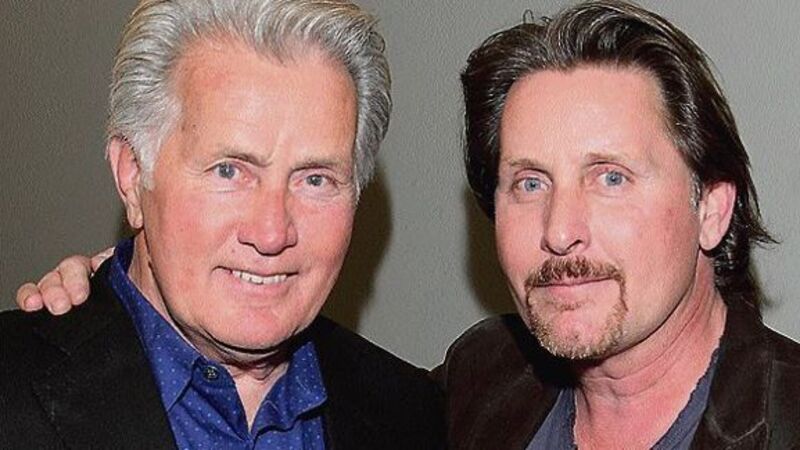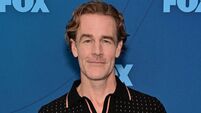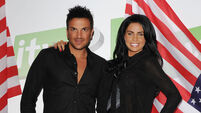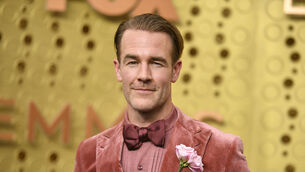Like father like son

But when Martin Sheen and Emilio Estevez came to blows, on location in the Philippines, where Sheen was filming Apocalypse Now in 1976, it was Brando who knocked on the door of the room where father and son were “kicking and rolling around, giving it everything we’ve got”, as they write in their dual memoir, Along The Way.
Estevez, then 14, was desperate to return to school in California: the atmosphere on the film set was toxic — his father was drinking heavily and others were doing drugs, “an exhilarating form of darkness” pervading all. But Sheen wouldn’t let him go home. “What’s going on? Is everything all right?” Brando asked. “I was trying not to hurt Emilio and trying to make sure he didn’t hurt himself. Thank God Marlon arrived when he did,” Sheen says today. In their book, Estevez, 50, writes that the fight was one of the lowest points of his and his father’s relationship.










